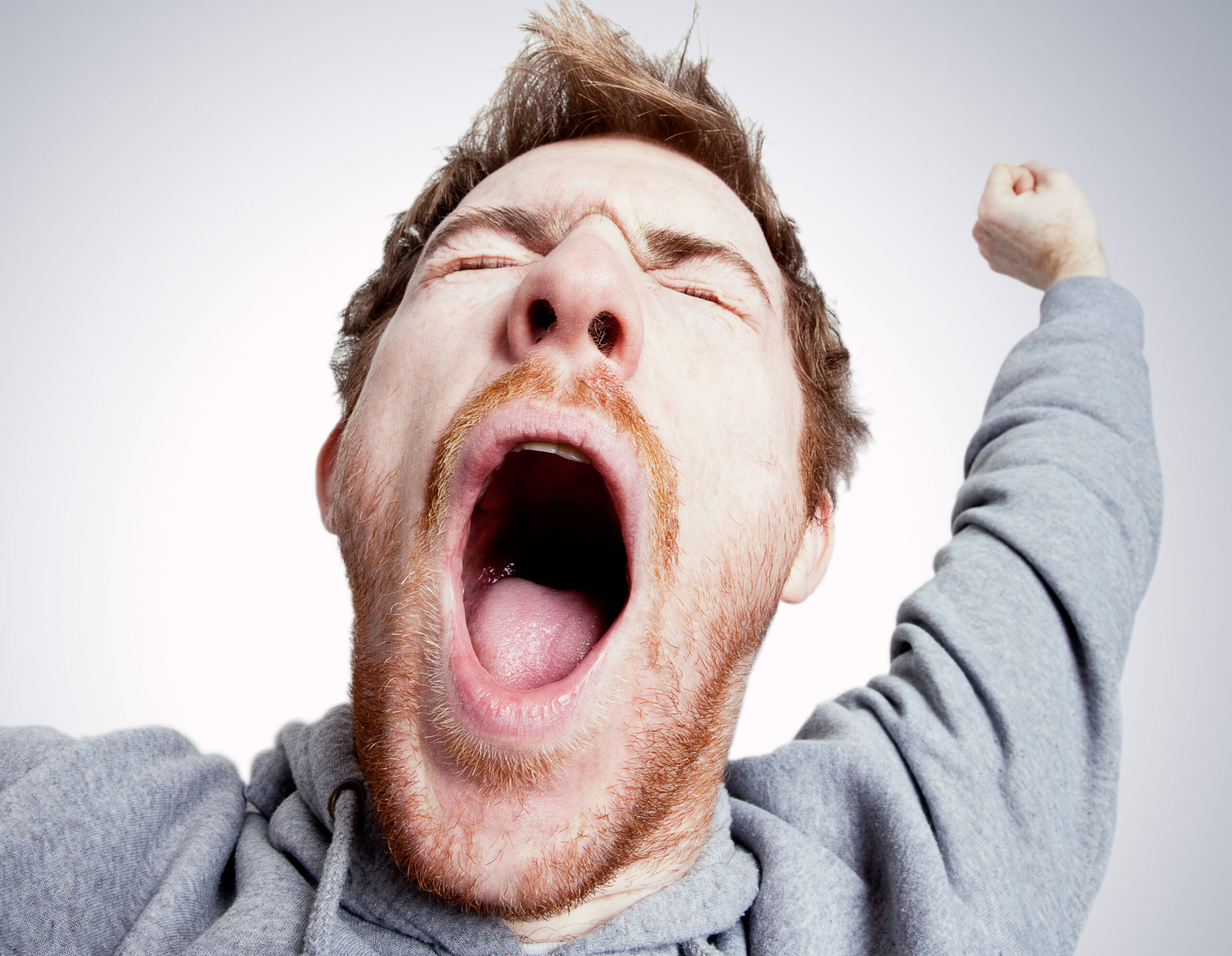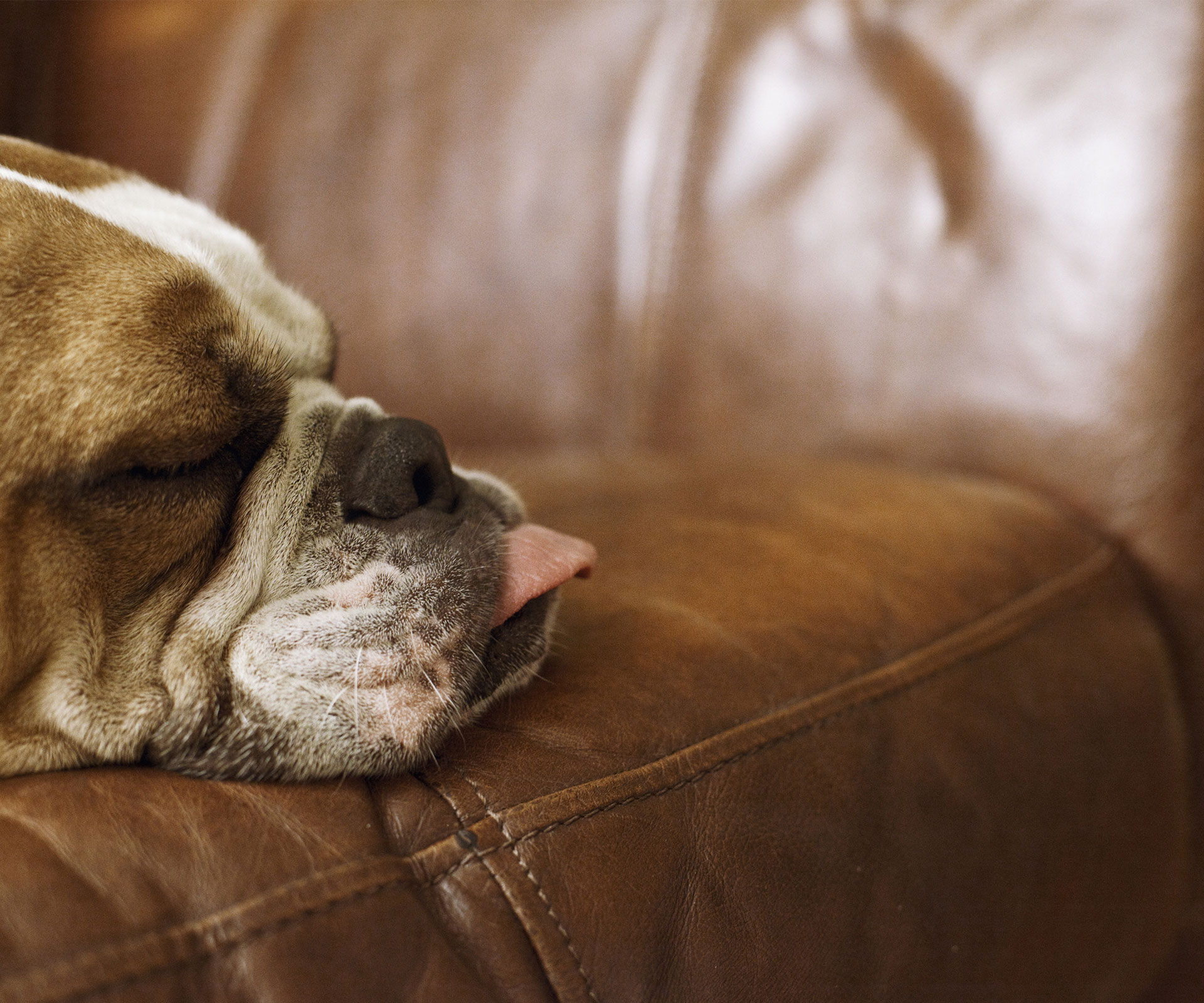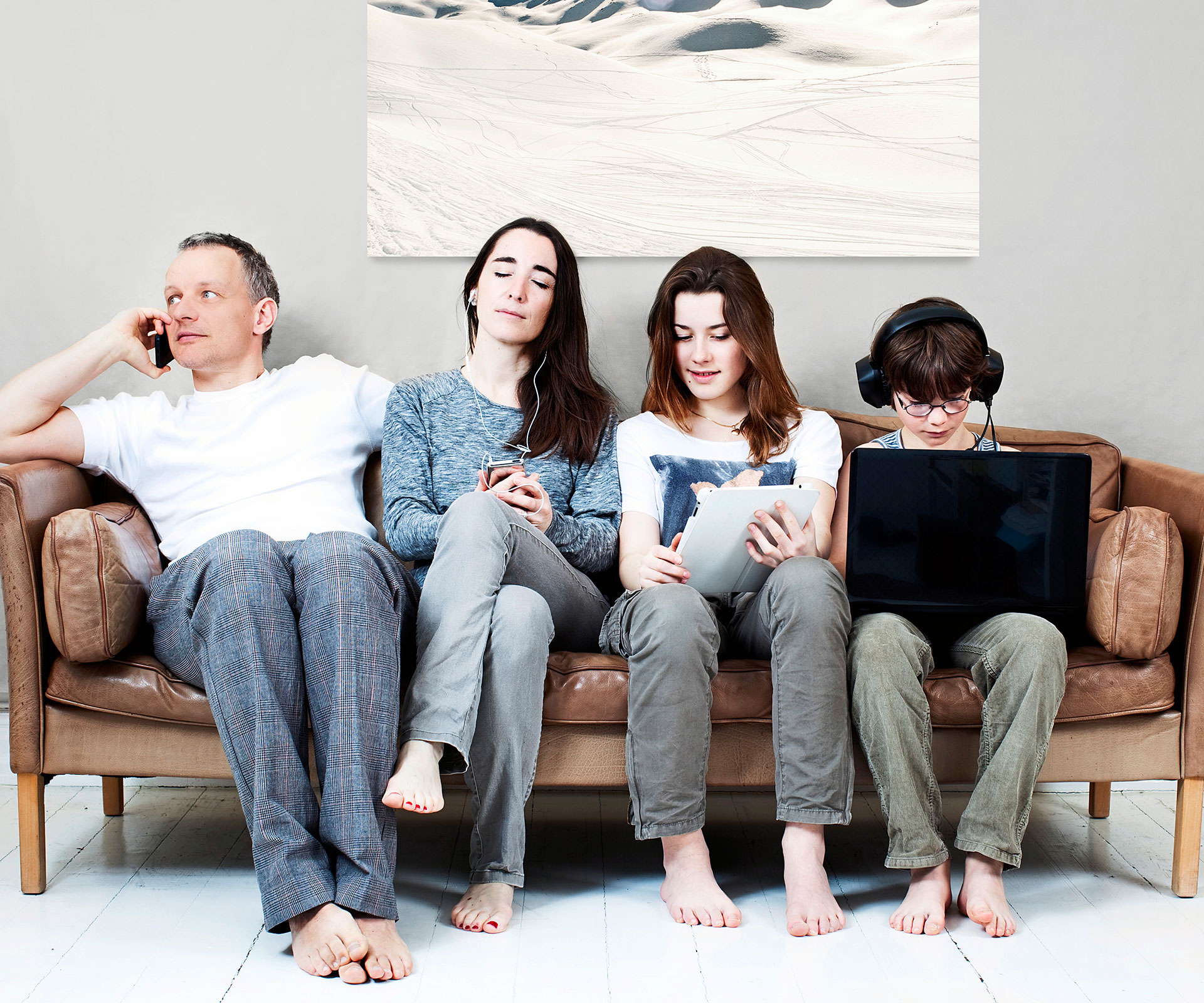A lot of us really are sleeping like a baby.
The up-all-night baby. The fretful, crying baby. And although we’re mostly not bursting into tears over our sleep deprivation, we’re right to worry about it. Medical science backs up our concerns: besides the serious and sometimes life-threatening disorders like sleep apnoea, poor sleep is associated with a host of health problems, from raised blood pressure to weight gain.
Last year’s Sovereign Healthy Living Survey questioned New Zealanders on a range of health and wellbeing issues, including their sleep habits (findings were based on responses from 1655 adults, aged 25 to 74, both men and women).
Thirty-four per cent of those surveyed are worried about the amount of sleep they’re getting – with women (38 per cent) more concerned than men (29 per cent). The poor sleep statistics spike with the 25- to 34-year-olds at 39 per cent, perhaps reflecting the life stage most likely to involve juggling work and child-raising – notably small and wakeful children. The over-60s are least concerned about the amount of sleep they’re getting. And that’s despite the fact the time spent in deep, restorative sleep declines in later adulthood, particularly for men.
Napping can compensate, if your schedule allows for a daytime kip, but science now tells us some naps are better than others. Although there’s minor disagreement from the experts on the optimum length and time of a nap, there’s consensus over the benefits of the short kip – from 10 to 30 minutes. This way you’re entering only the first, lightest stage of sleep known as non-rapid eye movement or non-REM sleep.
You’ll still get an energy boost and feel more alert, while avoiding that groggy feeling when you wake. You can help recoup lost sleep with a longer nap, but aim for a full sleep cycle, at least 90 minutes and up to an hour and a half. Depending on when you wake in your cycle, however, you may suffer a “sleep hangover” and need time to get back on task.
Only 26 per cent of those who responded to the Sovereign survey said they were getting eight hours’ sleep or more a night, although the statistics improve when those who “usually get” seven or six hours’ sleep were added. Sleep researchers now believe a good night’s sleep can run between six hours and nine hours; eight may not be the magic number for you.
To recover sleep debt, you don’t need to make up for every hour lost. Providing you don’t have a sleep disorder preventing you getting quality sleep, you can usually catch up with a couple of good nights’ kip. Small comfort, however, for those with chronic sleeplessness.
Dr Alex Bartle, a GP with a post-graduate diploma in sleep medicine, treats the gamut of sleep disorders at his Sleep Well clinics and calls sleep debt a “public health problem”. Look no further than our roads. In 2013, the total social cost of road crashes involving driver fatigue was around $274 million: fatigue was identified as a contributing factor in 32 fatal crashes, 109 serious injury crashes and 427 minor injury crashes.
Of the 80 or so sleep disorders listed since science and technology ushered in a surge of sleep research in the 1950s, many can be managed once they’re identified. What’s crucial is to get the correct diagnosis, says Bartle.
Roger Griffiths, an IT specialist from Hamilton, fixed his apnoea problem by losing weight; he dropped from 100kg to 76kg on an intermittent 500-calorie-a-day diet and felt the benefits of better sleep even as the weight was coming off; his blood pressure also dropped dramatically, a night-time sinus problem disappeared and he no longer had to fight the urge to doze off mid-afternoon.
Griffiths, who responded to the wellbeing survey, knows he’s lucky to have kicked his sleep apnoea through weight loss, and getting fitter. For other sleep apnoea sufferers, the answer is probably a CPAP machine or a mouth-guard device.
Poor, scratchy sleep can often be improved by simple – if hard to change – habits: reducing your caffeine intake, especially close to bedtime; cutting back on alcohol; dimming the screen on your computer, tablet or smartphone at night; and getting more exercise to boost your deep sleep phases. Take heart, too, in the fact studies show people often underestimate how much sleep they’re actually getting. You may not be as sleep-deprived as you think.
Words by: Virginia Larson


